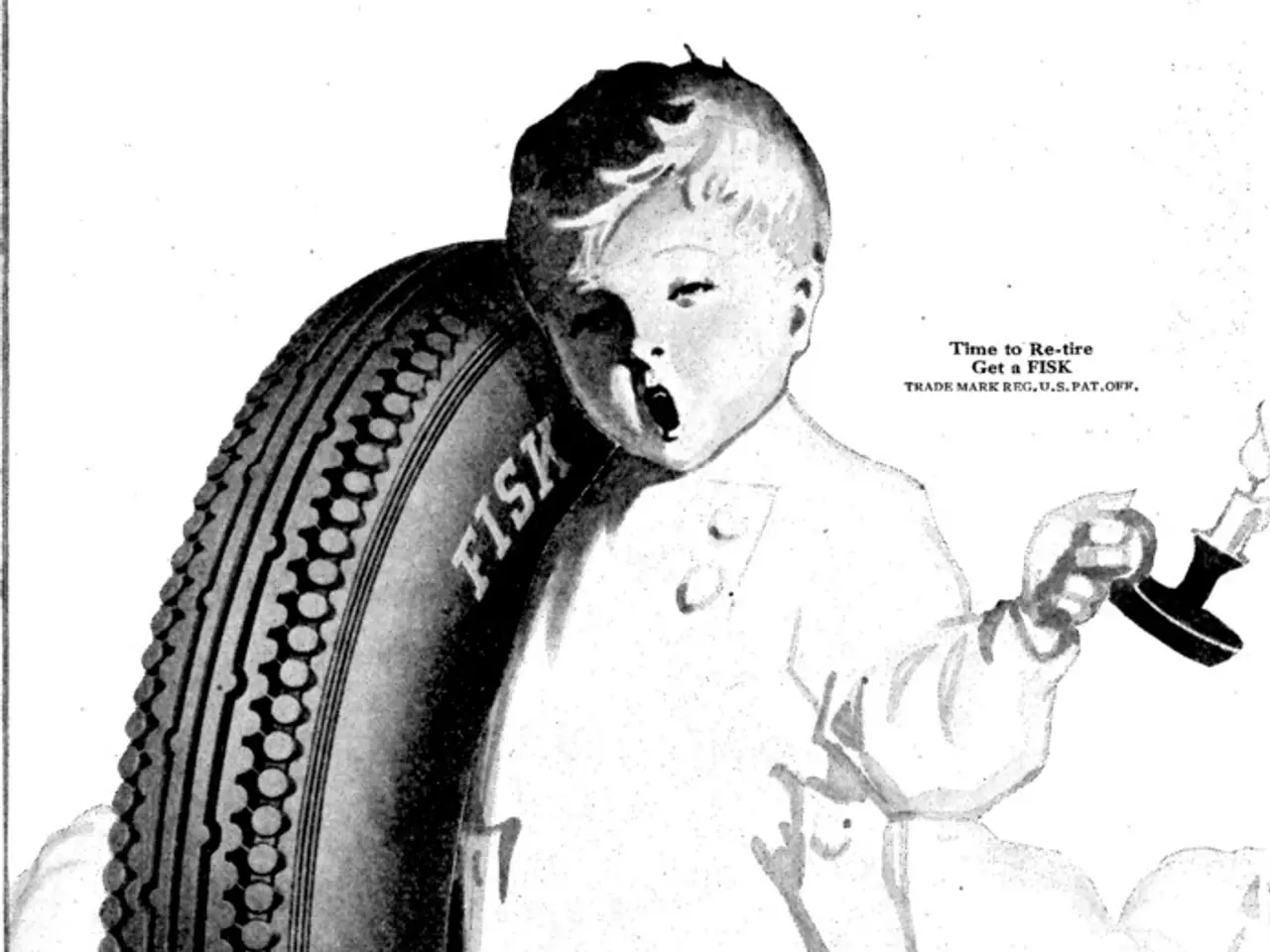"Pamphlet Warns Parents about Child Exposure to Lead"
The City of Pasadena Public Health Department has released a lead poisoning prevention pamphlet, which unfolds into a poster, to help parents and caregivers protect children from the harmful effects of lead exposure. The pamphlet is available in multiple languages, including English, Spanish, French, Arabic, Russian, Korean, Vietnamese, Traditional Chinese, Simplified Chinese, and Haitian Creole, among others.
The seven steps outlined in the pamphlet aim to prevent ingestion and inhalation of lead dust and paint chips, maintain cleanliness, avoid dangerous renovation practices, and monitor children's health with blood tests to detect lead exposure early.
- Do not let your child chew on painted surfaces or eat paint chips.
- Wash your child’s hands and toys often.
- Talk to your child’s doctor about getting a blood lead test.
- Keep your home clean and dust-free.
- Keep furniture away from paint that is chipped or peeling.
- Never sand, dry scrap, power wash, or sandblast paint.
- Be aware that some candies from Mexico, China, and other countries outside the U.S. may contain lead, so avoid these.
The poster highlights the importance of these steps in protecting children from lead exposure and lead poisoning. It encourages parents and caregivers to take action to ensure their children's safety and wellbeing.
The pamphlet also advises reducing exposure to lead from dust, soil, and lead-based paint. By following these simple steps and being mindful of potential sources of lead, parents and caregivers can help protect their children from the harmful effects of lead exposure.
To obtain a copy of the lead poisoning prevention pamphlet, visit the City of Pasadena Public Health Department's website or contact your local health department. Together, we can work to keep our children safe from lead exposure and lead poisoning.
In light of the given pamphlet, it is recommended that parents avoid allowing their children to chew on painted surfaces or eat paint chips, as these can result in lead exposure. Additionally, regular blood tests for children by medical professionals can help detect potential lead exposure early. The pursuit of cleanliness and wellbeing for children involves adhering to these guidelines to reduce their risk of lead poisoning.




